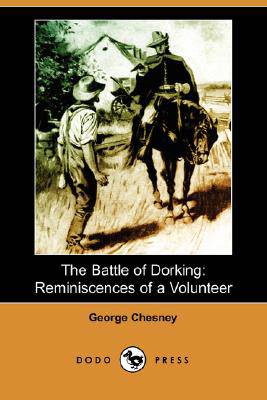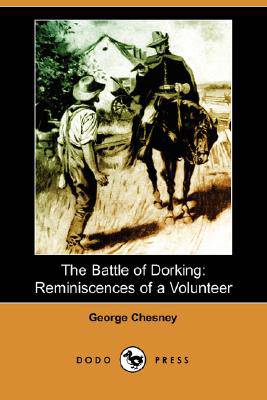
- Afhalen na 1 uur in een winkel met voorraad
- Gratis thuislevering in België vanaf € 30
- Ruim aanbod met 7 miljoen producten
- Afhalen na 1 uur in een winkel met voorraad
- Gratis thuislevering in België vanaf € 30
- Ruim aanbod met 7 miljoen producten
Zoeken
€ 9,95
+ 19 punten
Uitvoering
Omschrijving
Sir George Tomkyns Chesney (1830-1895) was British Army general and brother of Colonel Charles Cornwallis Chesney. Educated at Blundell's School, Tiverton, and at Addiscombe, he entered the Bengal Engineers as second lieutenant in 1848. He was employed for some years in the public works department and, on the outbreak of the Indian rebellion of 1857, joined the Ambala column, was field engineer at the battle of Badli-ke-serai, brigade-major of engineers throughout the siege of Delhi, and was severely wounded in the assault (he received a medal and clasp and a brevet majority). In 1860, he was appointed head of a new department in connection with the public works accounts. His book Indian Polity (1868), dealing with the administration of the several departments of the Indian government, attracted wide attention and remains a permanent textbook. In 1871, he contributed to Blackwoods Magazine a highly influential short story called The Battle of Dorking: Reminiscences of a Volunteer, a vivid account of a supposed invasion of England by the Germans after their victory over France.
Specificaties
Betrokkenen
- Auteur(s):
- Uitgeverij:
Inhoud
- Aantal bladzijden:
- 48
- Taal:
- Engels
Eigenschappen
- Productcode (EAN):
- 9781406591118
- Verschijningsdatum:
- 25/01/2008
- Uitvoering:
- Paperback
- Formaat:
- Trade paperback (VS)
- Afmetingen:
- 152 mm x 229 mm
- Gewicht:
- 81 g

Alleen bij Standaard Boekhandel
+ 19 punten op je klantenkaart van Standaard Boekhandel
Beoordelingen
We publiceren alleen reviews die voldoen aan de voorwaarden voor reviews. Bekijk onze voorwaarden voor reviews.











